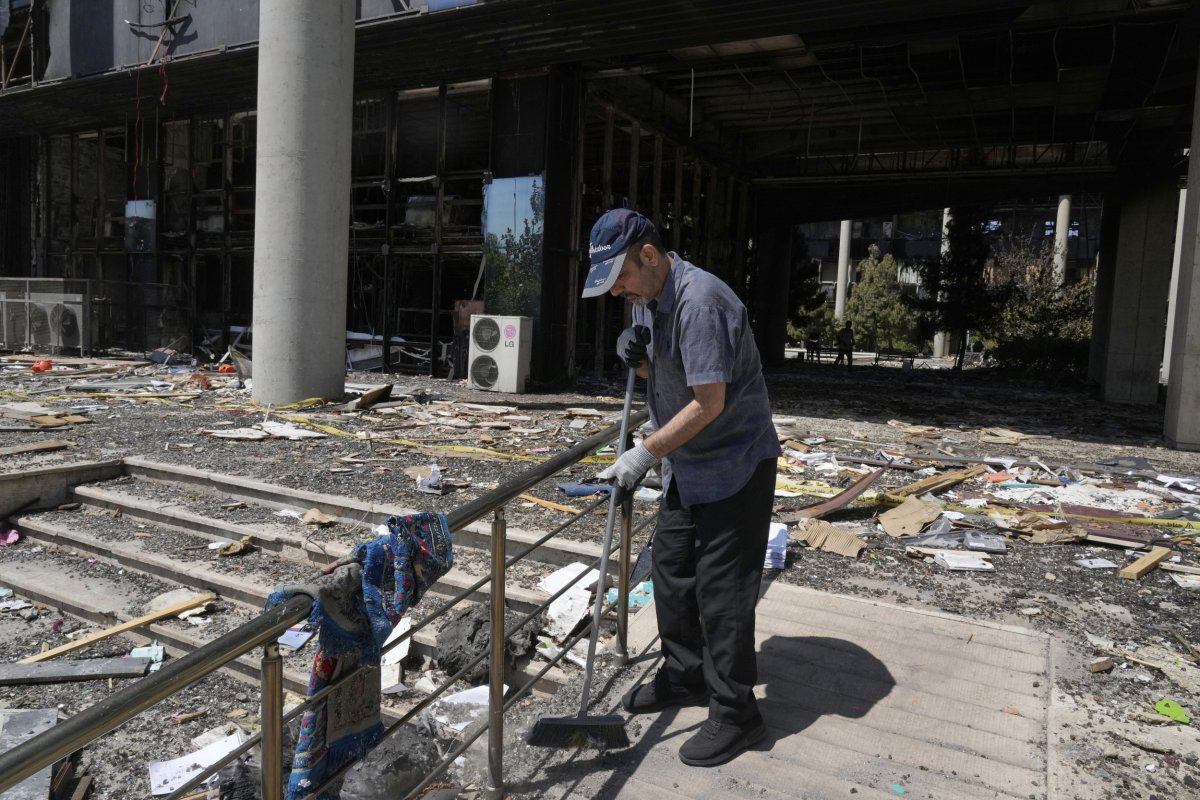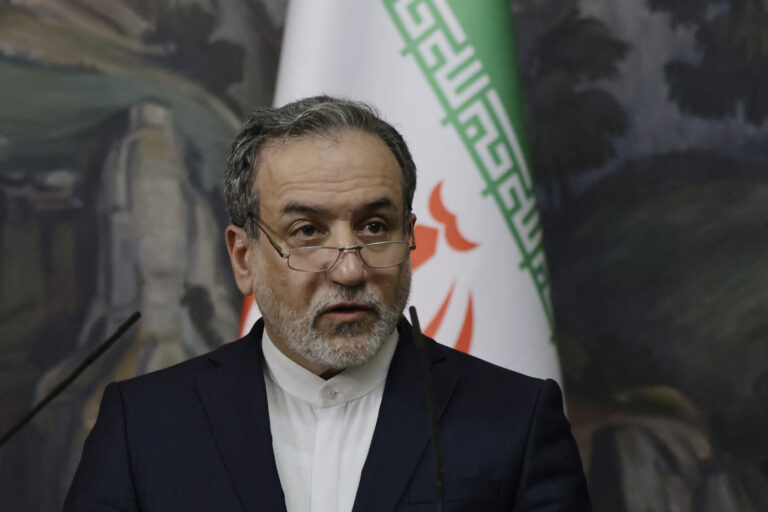Iranian Foreign Minister Abbas Araghchi said that Tehran has ruled out the possibility of talks with the United States unless Israel halts its ongoing military strikes, speaking just hours before a planned meeting with European officials in Geneva.
“We are not ready to engage in negotiations with any side while the Israeli aggression continues,” Araghchi said, according to state media. He said that although Washington has sent messages proposing direct talks, Iran has declined the request. “We told the Americans clearly: as long as the attacks persist, there can be no negotiations. We are exercising our legitimate right to self-defense,” he said.
Newsweek has reached out the State Department and Iran’s foreign ministry for comment.
Why It Matters
The failure to restart U.S.-Iran nuclear negotiations amid the hostilities between Iran and Israel raises questions about the prospects of any nuclear deal between the United States and Iran.
If talks do not restart, it increases the chances of the United States joining the military action against Iran. President Donald Trump has said a decision will be taken on this within the next two weeks.

TATYANA MAKEYEVA/POOL/AFP via Getty
What To Know
Araghchi added that Iran remains open to limited discussions with European countries, focused strictly on nuclear issues and regional security. “Our discussions in Geneva are narrowly focused. The missile program is off the table—it is a cornerstone of our national defense,” he said, signaling Tehran’s unwillingness to negotiate on its missile capabilities.
Also on Friday, Iranian President Masoud Pezeshkian stated that peace can only be achieved if Israel unconditionally ceases its aggression and guarantees an end to what he described as “Zionist terrorist adventures.” He warned in a post written in Farsi on X that otherwise, Iran’s response would be harsher and would cause Israel to regret its actions.
ما همواره در پی صلح و آرامش بودهایم، اما در شرایط فعلی تنها راه پایان جنگ تحمیلی، «توقف بیقید و شرط» تجاوز دشمن و تضمین قطعی برای پایان ماجراجوییهای تروریستهای صهیونیستی برای همیشه است.
در غیر این صورت پاسخهای ما به دشمن سختتر و پشیمانکنندهتر است.— Masoud Pezeshkian (@drpezeshkian) June 20, 2025
Spike in Hostilities
Israel launched missile and drone strikes against Iran last week, prompting retaliatory attacks from Tehran. Despite international calls for calm, the conflict has yet to show signs of de-escalation.
The renewed violence disrupted a planned sixth round of indirect U.S.-Iran nuclear negotiations, scheduled for June 15 in Oman. Iran withdrew from the talks hours after Israeli jets targeted several military and nuclear sites. At the time, Araghchi dismissed any negotiations with Washington as “unjustifiable,” blaming the U.S. for directly supporting Israeli military actions.

Vahid Salemi/AP Photo
What People Are Saying
Iran’s Foreign Minister Abbas Araghchi: “We are not ready to engage in negotiations with any side while the Israeli aggression continues.”
President Donald Trump: “I don’t want to fight either. I’m not looking to fight. But if it’s a choice between fighting and them having a nuclear weapon, you have to do what you have to do, and maybe we won’t have to fight.”
What Happens Next
With no immediate sign of Israel halting its attacks, and U.S.-Iran talks stalled, the region faces growing instability. European nations are likely to continue limited diplomatic engagement with Iran, but broader negotiations will remain off the table until tensions ease.
.


